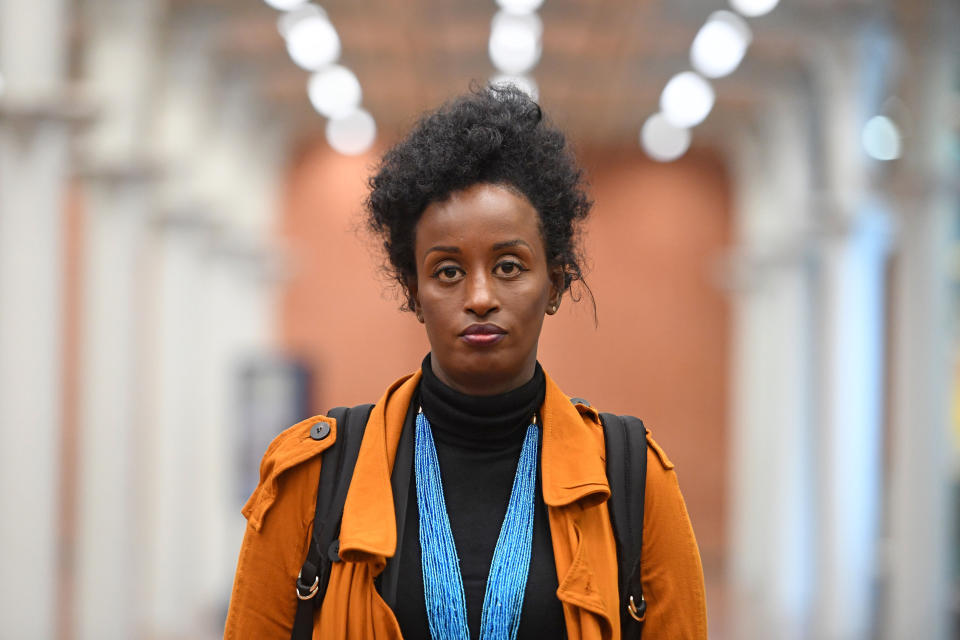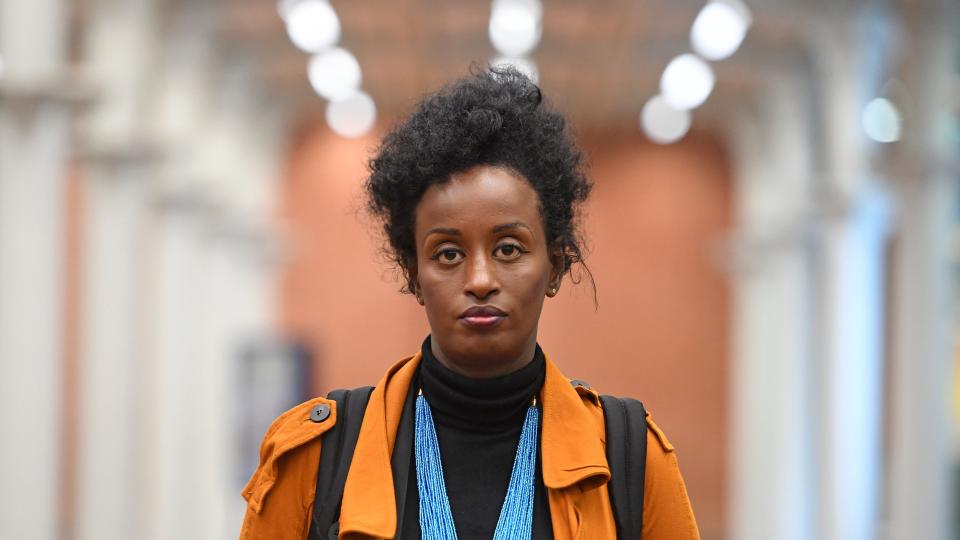FGM survivor warns festive period is ‘cutting season’ for at-risk girls
British girls who may be at risk of being taken abroad to undergo female genital mutilation over the Christmas “cutting season” have been urged to ask an adult they trust for help.
Campaigner and FGM survivor Leyla Hussein warned that the festive period can be a dangerous time for young girls, as they may be flown to other countries for the long school holidays to become victims of what she has described as a violent sexual offence.
She encouraged anyone who believes they are at risk, often from close family members, to tell a teacher or another responsible adult they trust.
FGM – intentionally altering or injuring the female external genitalia for non-medical reasons – carries a sentence in the UK of up to 14 years in jail.
Dr Hussein, a psychotherapist, said: “Christmas time is the cutting season. Girls are taken away around this time of the year.
“Because of the physical and emotional damage girls are going to experience, around the holiday is actually the best time to go, and I guess commit such a crime, because it gives people enough time to heal or to brainwash a child or groom a child into not speaking about it.
“Because what people need to remember is, it’s done by people you trust the most.”
Dr Hussein, who founded the Dahlia Project to help other survivors, urged responsible adults to intervene as well as encouraging young people to ask for help.
She said: “If you are a girl who feels you might get cut, you should talk to someone, an adult that you trust.
“If you’re a young person, talk to your teacher or someone you trust. But also, if you know you really are at risk, pick up the phone, ask for help. Either call Childline or the police.”
Dr Hussein said FGM protection orders, which were introduced in the UK in 2015, are “the best thing that’s happened in the law” because they allow for an intervention if someone is at risk.
There were 205 made between July 2015 and December last year.
She said: “A schoolteacher, anyone can use it if they think a child is at risk which is great. That’s what we want, and through that we’ve done more prevention work.”
Thousands of women and girls have been recorded in the health service in England as having undergone FGM at some point in their lives – not necessarily in this country – according to figures from NHS Digital.
Despite FGM having been illegal in the UK since 1985, there have been no convictions to date.
Dr Hussein is critical of the law as it stands, believing people who commit the crime should be prosecuted under the Sexual Offences Act rather than the specific FGM Act.
She said: “The legal system needs to change, we cannot convict people under the FGM Act, it hasn’t worked, it will never work.”
She said she fears a young girl may die before authorities consider a change in the law.
“I think the day the UK is going to take this seriously, it’s when a British girl has died and that will be a big heartbreaking day for those of us doing this work,” she said.
“Are they going to wait for somebody to die for them to take it seriously? Is that really what we are waiting for?”
A spokesman for the Home Office said the introduction of protection orders, mandatory reporting and lifelong anonymity for victims have helped strengthen the law for those at risk.
He added that there was a communications campaign in place to educate communities about the long-term health consequences of a crime still considered by some as an acceptable cultural practice.
The spokesman said: “FGM is a devastating crime which can cause severe and lifelong physical, psychological and emotional harm.
“The Government has announced £50 million of new funding to end FGM worldwide – the largest investment ever made.”
Head of the National FGM Centre Leethen Bartholomew said: “We believe the best way of preventing the practice is by working with girls and their families, raising awareness in schools and communities, and training professionals like teachers and social workers to spot girls at risk of FGM and know how to report it.”
Signs that a child may be at risk include her starting to tell her friends about FGM, and confiding that she is going to have a “special procedure”, or attend a special occasion to “become a woman”, the centre said.
Mr Bartholomew added: “We hope our reminder of the signs will help not just teachers but all agencies to prevent FGM from happening by identifying girls at risk and helping to prosecute those who fail to protect girls from this type of abuse.”

 Yahoo News
Yahoo News 

